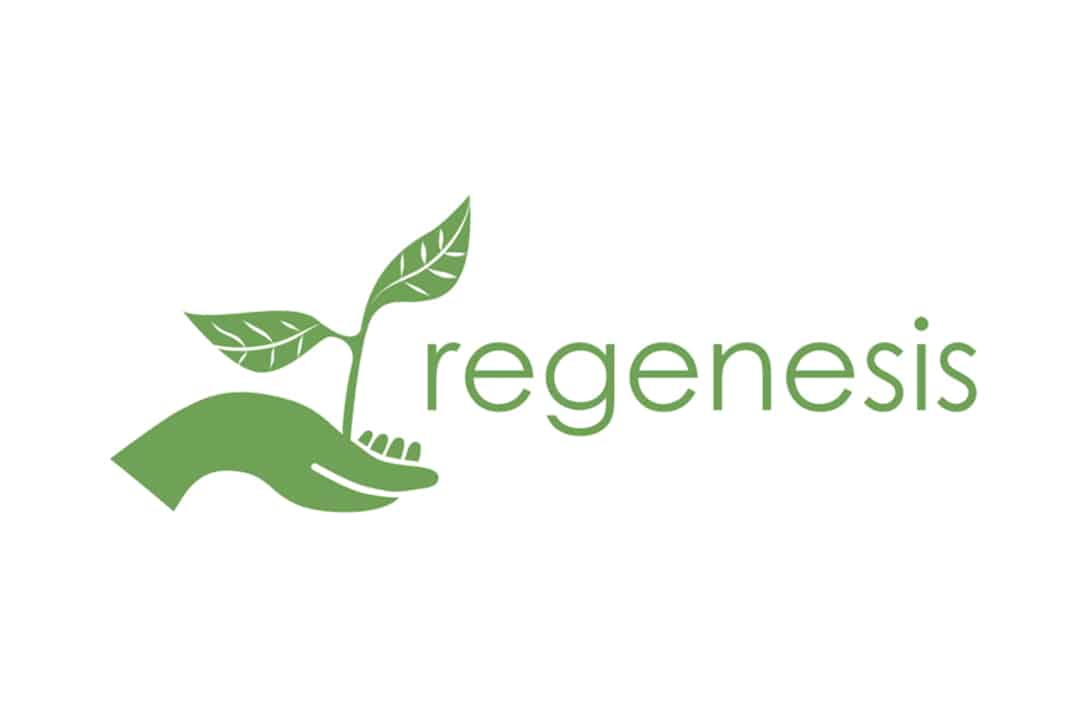The Scarborough Campus Students’ Union is holding a referendum on whether to approve student fees to support Regenesis U of T with the Scarborough Campus Students’ Union on March 4–6. The University of Toronto Graduate Students’ Union is also holding a referendum on the same topic for graduate students at all three U of T campuses during their general elections.
In the face of escalating environmental and climate crises, the role of individual and collective action has never been more critical. As members of the U of T community, we are uniquely positioned to lead by example, fostering sustainable practices and innovations that can ripple out into the wider world.
This is why the upcoming student fee levy referendum in support of Regenesis UTSC, an environmental student organization branch, is not just a matter of campus politics but a pivotal opportunity for students to contribute meaningfully to the global fight against environmental degradation.
Supporting this referendum is essential for two primary reasons: it is a direct action against the environmental and climate crisis and offers a sustainable and cooperative model that will save students money while promoting eco-friendly practices.
Taking action on the environmental and climate crisis
First and foremost, the environmental and climate crisis demands urgent action. The science is unequivocal: the climate crisis is accelerating, devastatingly impacting natural ecosystems, biodiversity, and human societies. By supporting Regenesis UTSC through the fee levy referendum, students invest in a group dedicated to implementing tangible, local solutions to global problems. Regenesis UTSC organizes and supports waste and carbon-reducing initiatives such as free stores, borrowing centres, growing and distributing local food, and supporting cycling to reduce our collective carbon footprint and foster a culture of environmental stewardship.
The projects and initiatives spearheaded by Regenesis UTSC have the potential to significantly reduce waste, promote biodiversity, and decrease greenhouse gas emissions on campus. By voting in favour of the fee levy, students are not just supporting an organization; we are making a clear statement that the U of T community recognizes the severity of the environmental crisis and is willing to take concrete steps toward mitigating it.
A cooperative model: saving money through sustainability
The second argument for supporting the Regenesis fee levy referendum is rooted in the economic benefits it offers students through a cooperative, or collectivist, model. This approach is not only about being environmentally responsible but also about creating a more equitable and financially sustainable campus environment.
By contributing a small fee, students can gain access to a range of services designed to save money while promoting sustainability. These services include the opening of a new, more expansive Free Store space at UTSC — in addition to its current space. The current Free Store space is behind the Residence Centre and provides free clothing, books, household items, and more.
A levy would provide the financial means of acquiring and maintaining a larger space for the Free Store’s service. In addition, Regenesis UTSC provides free and low-cost bike repair services for the warmer months. Our future services will include cheap produce and groceries, and a borrowing centre, where students can borrow for free power tools, event and media equipment, board games, and more.
These services embody the essence of a cooperative model, where resources are shared and managed for the collective good. The Free Store allows students to give and take items without monetary transactions, reducing waste and the need for new purchases.
Similarly, the borrowing centre will loan items like media equipment, board games, tools, and more to further help reduce unnecessary consumption. Bike repair services encourage cycling, a sustainable mode of transportation, by lowering the barriers to bike maintenance. Access to cheap local produce directly tackles the issue of student food insecurity and the culture of disposability, respectively.
Utilizing one or more our services will save the average student far more than what they contributed through a levy fee. For example, instead of purchasing a pair of jeans from Value Village for $25, you can get a free pair of jeans from The Free Store.
Critically, this model demonstrates that sustainability and financial savings go hand in hand. By pooling resources and sharing services, we can reduce individual expenses while also diminishing our environmental impact. It’s a practical application of the principle that collective action can lead to collective benefit, both economically and environmentally.
Taking action together is how we make change!
The Regenesis UTSC fee levy referendum represents a critical juncture for our campus community. It is an opportunity to affirm our commitment to environmental sustainability and to embrace a cooperative model that benefits us all. By supporting this referendum, we are not just funding an organization; we are investing in a sustainable future and in a model of community that values cooperation and mutual aid over individualism and competition.
Let us come together as a community to support the Regenesis UTSC fee levy referendum. In doing so, we take a stand against the environmental and climate crisis and move toward a more sustainable, equitable, and financially responsible future. This is our chance to lead by example, to show that action, no matter the scale, can make a difference. Vote YES for Regenesis UTSC, for our planet, and for our future.
Aneesah Rahaman is a first-year student at UTSC pursuing a Master of Environmental Sciences. She was Vice President, Operations of Regenesis UTSC for the 2022–2023 academic year.
Pascal Cheung is a fourth-year student at UTSC studying environmental biology. He is Vice President, Internal Affairs of Regenesis UTSC for the 2023–2024 academic year.



No comments to display.